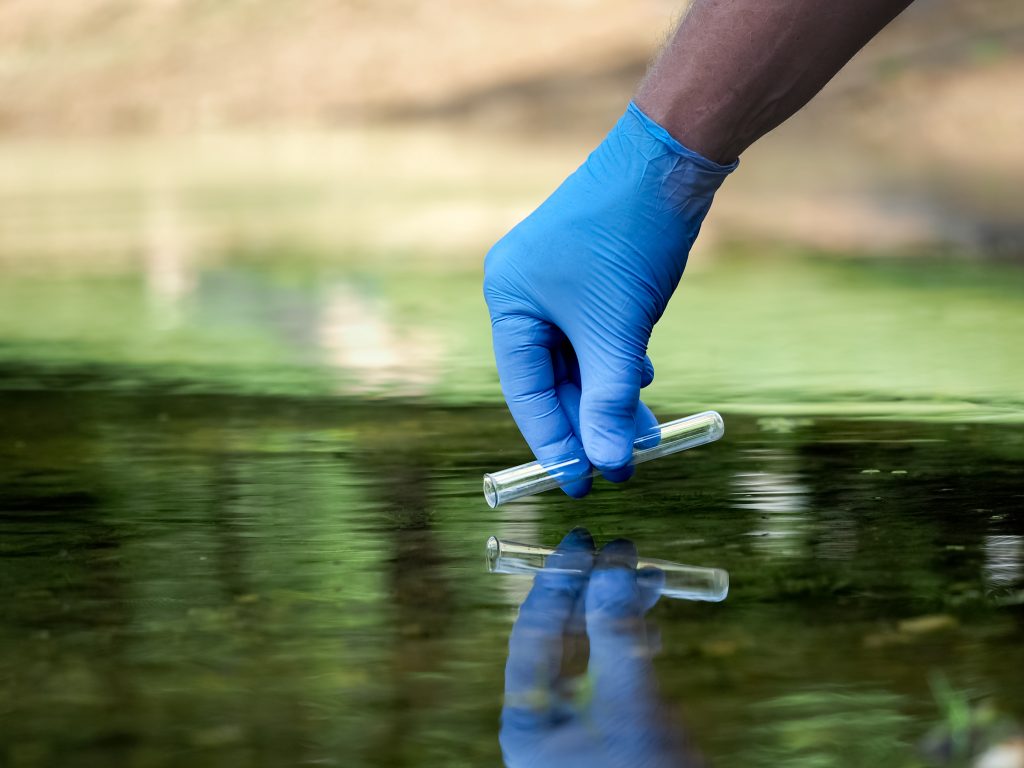McMaster-based UN institute for water and health research receives $10-million funding extension

A McMaster-based UN institute that is leading global efforts to solve pressing water challenges has received a $10-million funding extension from the Canadian government.
September 9, 2020
A McMaster-based international organization that is leading global efforts to solve pressing water challenges has received a $10-million funding extension from the Canadian government.
The UN University Institute for Water, Environment and Health (UNU-INWEH) is a global leader in research on world water issues, including water-borne diseases and ways to address the expected increase in global water demand — projected to rise nearly 50 per cent in the next decade — even as conventional water sources diminish.
Read more: “When the environment is screwed up, then you see a lot of human rights abuses.”
“As a long-time supporter of UNU-INWEH, Canada recognizes that equitable access to safe water and sanitation is critical to protecting human life,” said Karina Gould, Minister of International Development.
“Since the lack of water and sanitation disproportionately affects women and girls, and is being exacerbated by climate change, renewed support to water management enhances women’s leadership and increases resilience to climate change.”
UNU-INWEH Director Vladimir Smakhtin calls the scale of the global water crisis “stunning,” with four in seven people regularly experiencing some form of water scarcity.
“The coronavirus pandemic is just the latest illustration of how vitally important water is to health and well-being,” Smakhtin says. “Hundreds of millions of people lack access to clean water to wash their hands, making control of the current coronavirus outbreak, and potentially other similar outbreaks in the future, even more challenging.”
Read more: Helping give people in remote areas clean and safe access to water
Continued Canadian support comes soon after the institute launched its five-year strategy to help achieve water-related Sustainable Development Goals as outlined by the UN, Smakhtin notes.
“Canada has not only been the Institute’s home and principal source of funding since it began, Canadian expertise has greatly contributed to improving the management of world water issues.”
UNU-INWEH works to bridge the gap between water-related evidence and research, and the practical needs of policy makers and leaders, particularly in low- and middle-income countries.
The new strategic plan places primary focus on four interconnected areas:
- Helping countries implement water-related Sustainable Development Goals
- Bringing unconventional water resources and technology revolution for future water security
- Women — Key to Effective Water Management — and Migration
- Managing water- and climate-related risks
Click here to learn more about the funding extension and UNU-INWEH.


